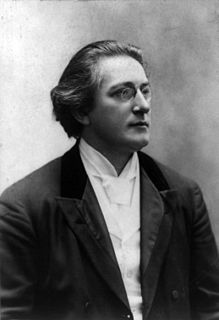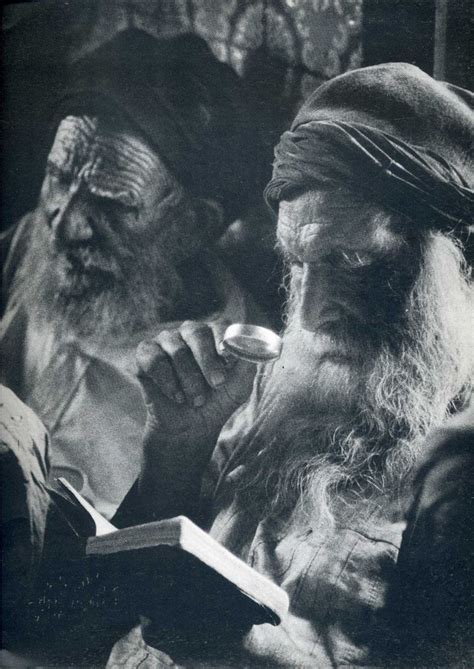A Quote by Henri Cartier-Bresson
...it is seldom indeed that a composition which was poor when the picture was taken can be improved by reshaping it in the dark room.
Related Quotes
Composition is a side issue. Its role in my selection of photographs is a negative one at best. By which I mean that the fascination of a photograph is not in its eccentric composition but in what it has to say: its information content. And, on the other hand, composition always also has its own fortuitous rightness.
Pedants make a great rout about criticism, as if it were a science of great depth, and required much pains and knowledge--criticism however is only the result of good sense, taste and judgment--three qualities that indeed seldom are found together, and extremely seldom in a pedant, which most critics are.
In some exquisite critical hints on "Eurythmy," Goethe remarks, "that the best composition in pictures is that which, observing the most delicate laws of harmony, so arranges the objects that they by their position tell their own story." And the rule thus applied to composition in painting applies no less to composition in literature.
Perhaps I could best describe my experience of doing mathematics in terms of entering a dark mansion. You go into the first room and it's dark, completely dark. You stumble around, bumping into the furniture. Gradually, you learn where each piece of furniture is. And finally, after six months or so, you find the light switch and turn it on. Suddenly, it's all illuminated and you can see exactly where you were. Then you enter the next dark room.


































